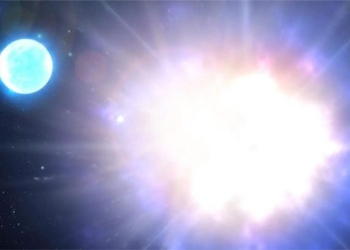If Mars were to suddenly disappear, the first thing Elon Musk would likely face would be a crowd of bewildered investors.
In the short term, due to the significantly weaker gravitational pull of Mars compared to Earth, and the fact that this planet’s gravity has almost no effect on Earth, it would barely influence Earth’s orbit around the Sun.
However, the sudden disappearance of a planet could cause social instability. Moreover, Mars has been identified as a potential planet for human colonization in the future. Therefore, this scenario could drive an acceleration in space exploration and colonization efforts among the stars.
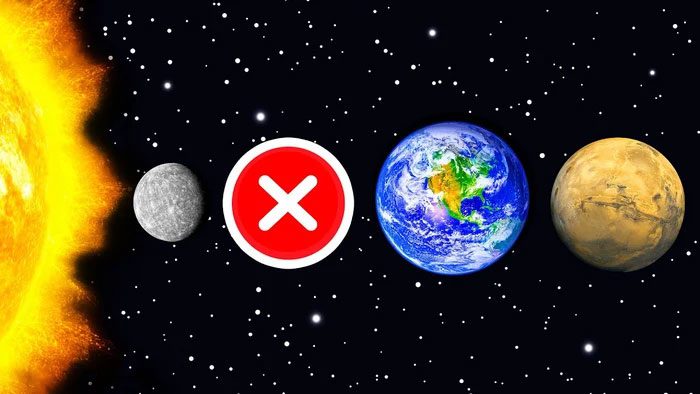
The sudden disappearance of a planet could cause social instability.
If Mars could disappear, humanity would undoubtedly believe that Earth could also vanish at any moment. The most crucial effort humanity should focus on is creating a unified space exploration program on a global scale, establishing colonies on other planets as soon as possible. This would ensure that even if Earth were to disappear, humanity could still survive.
Additionally, the event of Mars disappearing would violate known physical laws, leading scientists to speculate that this could be the result of unnatural intervention, possibly from a civilization more advanced than ours in the universe. Consequently, this could give rise to new religions or new conflicts.
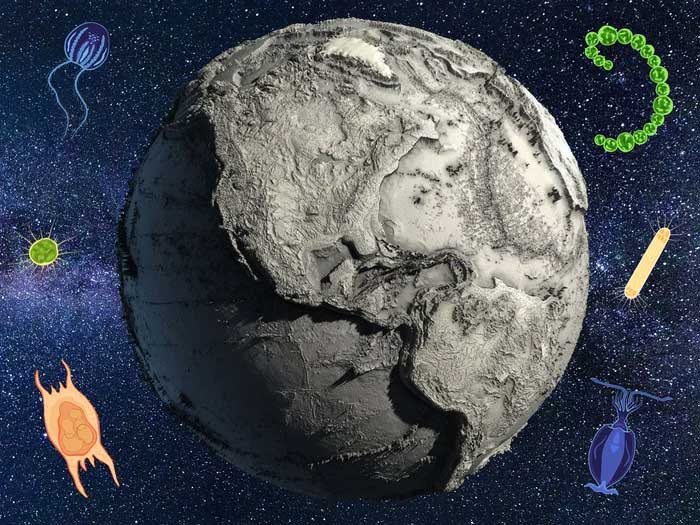
If Mars disappears, humanity will believe that Earth could also vanish at any moment.
In the long term, the disappearance of Mars could lead to two outcomes:
First, without Mars’s gravitational influence on the outer orbit, the orbital diameter of Earth would become slightly smaller, causing our planet to move slightly closer to the Sun.
Although this minor movement is insignificant, it could still affect the fragile ecological environment on our planet to some extent.
Second, Earth would also be less exposed to asteroids, reducing the likelihood of collisions. We often say that asteroids hit Earth, but in reality, these asteroids have orbits that cross Earth’s path. To date, humanity has discovered 1,113,527 asteroids, 98.5% of which originate from the asteroid belt located between the orbits of Mars and Jupiter.
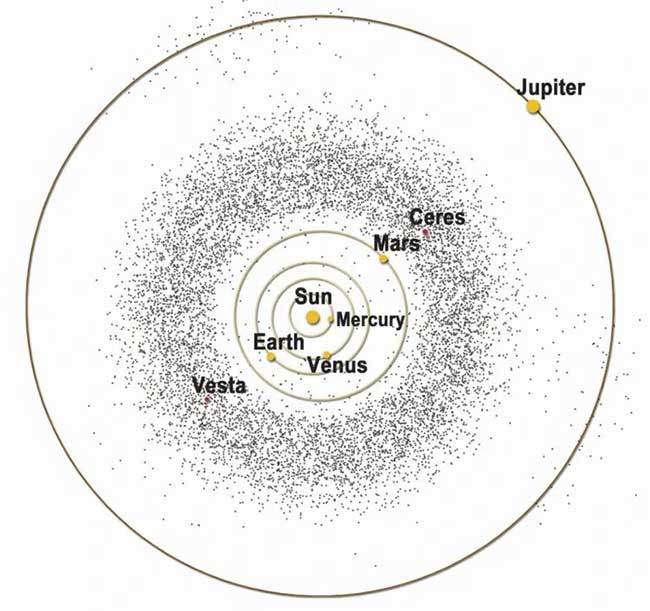
A significant number of asteroids in the asteroid belt will be influenced by the gravitational resonance of Jupiter and Mars, leading to disturbances over time, resulting in a series of voids known as “Kirkwood gaps.” In this region, asteroids have irregular, unstable orbits and can be easily pushed away due to resonant gravitational forces. Specifically, asteroids on the inner edge of the asteroid belt (the area closer to the Sun) are more susceptible to Mars’s gravitational influence, causing them to deviate from their original orbits and be pushed into unstable trajectories.
Therefore, it can be said that Mars acts like a gravitational slingshot. The new orbits of these asteroids will become elongated, with greater eccentricity and elliptical shapes, and some trajectories will cross Mars’s orbit and be “flung” toward Earth’s orbit.
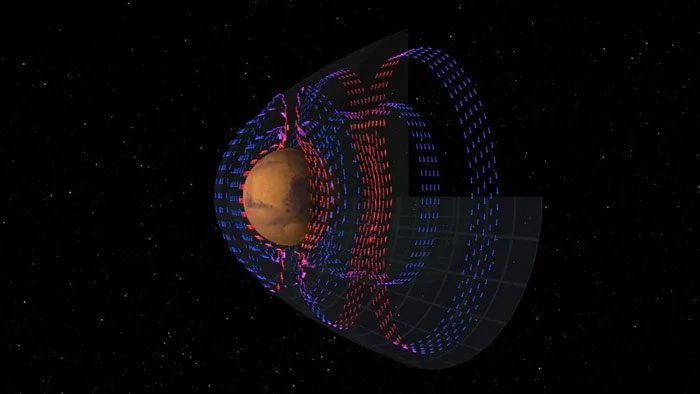
It can be said that Mars acts like a gravitational slingshot.
Thus, if Mars were to disappear, the likelihood of asteroids in the asteroid belt moving inward to cross Earth’s orbit would decrease, while their chances of being flung outward by Jupiter would increase and become easier.
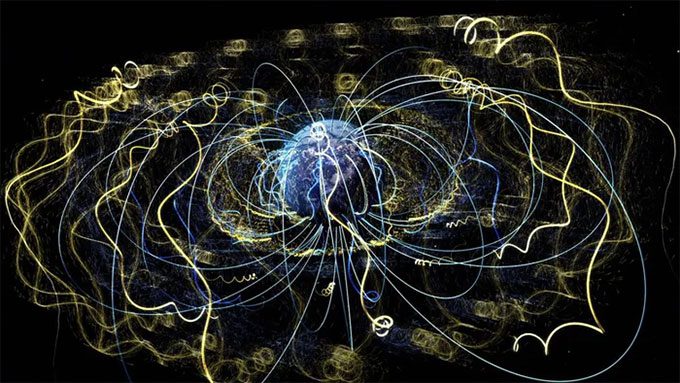
Removing any planet other than Jupiter and Saturn would not cause significant changes.
The mass of the Sun accounts for 99.86% of the total mass of the entire Solar System, with Jupiter accounting for more than 70% of the total mass of the remaining planets, and other celestial bodies making up less than 0.2% of the total mass of the Solar System. Therefore, removing any planet other than Jupiter and Saturn would not cause significant changes to our planet in the short term.
However, every small change in our universe could lead to significant changes over time, much like the butterfly effect. Thousands of years after this change, it is difficult to predict how these changes will unfold and how they will affect Earth.
If Earth were to suddenly disappear, for Venus, its gravitational pull with Jupiter would lack the interference factors, leading to an unstable orbit, causing it to either fall into the Sun or collide with Mercury. The importance of Earth to Venus is much greater than the influence of Mars on Earth.
For the vast majority of people, the disappearance of Mars would not significantly affect daily life. Our civilization would not vanish along with Mars unless Earth were to suddenly disappear shortly after Mars’s disappearance.








































